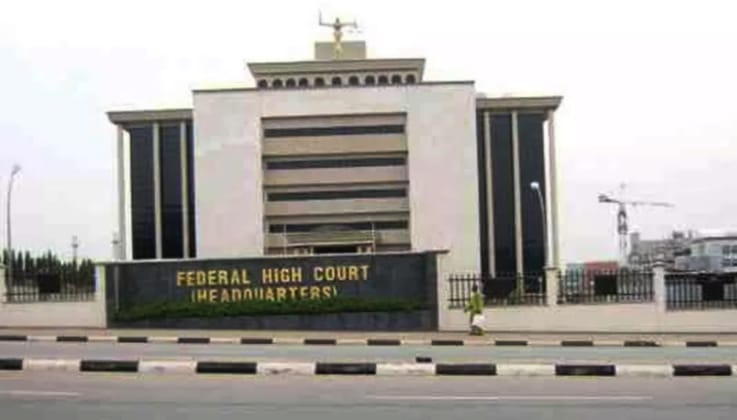President Bola Ahmed Tinubu has urged world leaders to adopt a fairer global framework that guarantees Nigeria, Africa, and other developing regions equitable benefits from the extraction and trade of their critical minerals.
Speaking at the Third Session of the 2025 G20 Leaders’ Summit in Johannesburg—where he was represented by Vice President Kashim Shettima—President Tinubu warned that communities hosting critical mineral deposits must not remain impoverished while their resources power global industries.
According to a statement by Stanley Nkwocha, Senior Special Assistant to the President on Media and Communications (Office of the Vice President), Tinubu insisted that Africa’s vast mineral wealth should translate into meaningful development through value addition, beneficiation, and protection of mining communities.
‘Critical Minerals Must Power Africa’s Growth’
Tinubu said critical minerals represent more than natural deposits for Africa; they offer a pathway to industrialisation—if managed transparently and responsibly.
“Nigeria calls for a global framework that promotes value addition at the source, supports local beneficiation, and ensures that communities hosting these resources are not left behind,” he said.
The President noted that responsible extraction and transparent trade practices are the only way to ensure that the wealth generated from mineral-rich regions becomes shared prosperity.
Green and Digital Transitions Must Be People-Centred
As the world moves through green and digital economic transitions, the Nigerian leader said global progress must remain centred on human development.
“Decent work is the anchor that makes these transitions fair, inclusive, and sustainable,” he said.
He added that through the Renewed Hope Agenda, Nigeria is investing in future-ready skills—digital literacy, vocational training, and youth entrepreneurship—to prepare young people for emerging global opportunities.
Tinubu Backs Global Ethical Standards for Artificial Intelligence
Turning to the rapid evolution of artificial intelligence (AI), Tinubu called on the G20 to develop global ethical standards to ensure the technology serves humanity.
“Nigeria supports the creation of global ethical standards for AI that uphold safety, transparency, and equity,” he said.
“We must ensure AI becomes a tool of empowerment, not exclusion.”
He stressed the need for partnerships between developed and developing nations to foster inclusive AI adoption, job creation, and responsible innovation.
Africa Must Become a Continent of Value Creation
Tinubu urged the G20 to help build a world where Africa is not merely a supplier of raw materials but a centre for value creation and innovation.
He said responsible exploitation of critical minerals, decent work, and ethical technology governance must all align to shape an inclusive global economy that “measures its strength not only by growth, but by the dignity it affords every human being.”
Tinubu Seeks Fairer Global Financial System, Debt Relief for Developing Nations
President Tinubu also called for sweeping reforms of global financial architecture to address mounting debt burdens and ensure equitable financial opportunities for developing countries.
Represented by Vice President Shettima at another session of the summit, the President argued that existing multilateral frameworks no longer reflect the complexities of today’s world.
He said this year’s summit theme—covering inclusive growth, trade, financing for development, and global debt challenges—captures the current struggles of developing nations.
‘G20 Must Reform Global Finance Architecture’
Tinubu warned that many developing countries remain trapped behind systemic barriers that restrict growth, widen inequality, and limit access to global financial flows.
“For trade to be truly inclusive, the G20 must take bold and deliberate steps towards reforming the international financial architecture,” he said.
“Only a more equitable and responsive system can manage global financial flows with fairness and address recurring debt crises with sincerity.”
Debt Burden Dragging Economies Back Into Fragility
The President noted that rising debt burdens across Africa risk reversing decades of progress and turning local challenges into global vulnerabilities.
He emphasized that Africa cannot achieve meaningful transformation without sustainable financing backed by collective G20 resolve.
Tinubu urged the G20 to prioritise debt sustainability and the responsible utilisation of critical minerals in its Leaders’ Declaration.
“The G20 must advance policies that drive sustainable growth, promote financial inclusion, and confront emerging risks,” he said.








